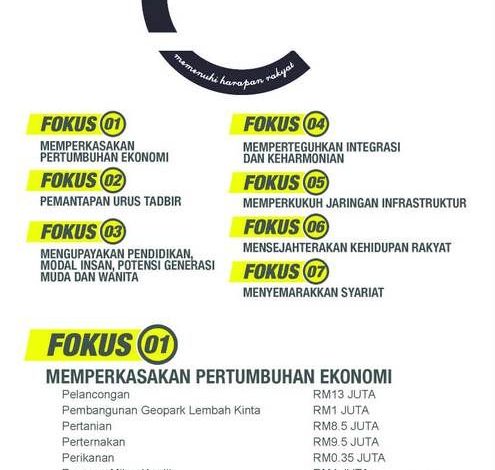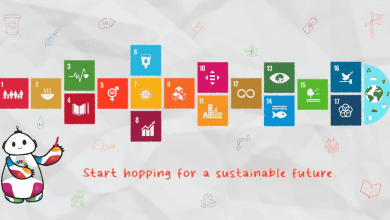Perak Budget 2016


By Fathol Zaman Bukhari
An annual budget in excess of RM1 billion was tabled and passed by the Perak State Government during the end-of-year state legislative assembly sitting on Tuesday, November 17. Incidentally, this is the 11th consecutive deficit budget since 2005. The projected revenue for Year 2016 is RM1.039 billion while administrative expenditure is estimated at RM1.088 billion. So a sum of RM49.18 million is in deficit.
State budgets, unlike federal budgets, are seldom given much prominence as the impact on the rakyat is minimal. The revenue-generating resources of a state are limited to land, water and religious tithes. Incomes derived from these sources are comparatively small. Even if petroleum is available in the state, it only gets a fixed percentage of the overall revenue with the bulk going to the federal government. The imposition of the Goods and Services Taxes (GST) on April 1 of this year has not benefitted Perak much, as the RM39 billion gleaned from the rakyat will be shared by all Malaysians.
The popularly held notion that a deficit budget is not a good budget because it is indicative of poor financial planning is false. The shortfall can be recouped with thriftiness and prudence in spending and if this does not work, borrowing from banking institutions and, for want of a better word, “begging” from the federal government. Many states have resorted to this last-ditch effort to make ends meet.
Perak Budget 2016 focuses on seven strategies namely to enhance economic growth, to strengthen the system of governance, to promote education, human capital and enhancing the potentials of women and the younger generation, strengthening integration and harmony among Perakeans, improving infrastructure networks, raising the living standard of the rakyat and rejuvenating the Islamic spirit.
For the record, the state’s agriculture sector had contributed RM9.84 billion in 2014 compared to RM9.18 billion in 2011. Mining and quarry activities generated RM375 million in 2014 compared to RM256 million in 2011. The production sector grossed RM10.05 billion in 2014 when it was only RM8.33 billion in 2011. The service sector was the most lucrative generating RM32.75 billion in 2014 as opposed to RM27.32 billion in 2011.
Operational Expenditure for 2016 is estimated at RM691.38 million out of which RM328.11 million is allocated for emoluments, RM256.33 million for services and supplies and RM10.41 for purchase of assets. The Development Expenditure is estimated at RM397.44 million of which RM192.85 million is earmarked for the social and RM152.47 for infrastructure developments.
Plans are afoot to build 41 small townships within the state. Three such towns have been built this year in Trong, Ijok and Sauk. The objective is to hasten the urban sprawl with the view of raising the living standards of rural folks to a meaningful level.
An interesting development is the setting up of an integrity unit in the State Secretary office. The unit will organise programmes and training to promote integrity within the state civil service. A corrupt-free administration is the unit’s ultimate goal.
The 305.7km West Coast Expressway linking Banting in Selangor to Changkat Jering will commence construction in 2016. Some 172km of the expressway will be in Perak. The completion of this tolled roadway will help develop the western coast of the state.
One of the goodies assigned for the poor and the not too poor are funds to build affordable homes and money for repairing and upgrading of dilapidated houses. A sum of RM25 million is being allocated for this programme. RM21.95 million has been set aside for social development programmes which includes an allocation of RM3 million for non-governmental organisations, RM1.9 million for Orang Asli and RM1 million for festivities. Incidentally, RM3 million has been allotted for women’s development and RM1.25 million in aid of the PORT (People of Remarkable Talent) centre. My only complaint about PORT is it is too Malay-centric.
The rakyat have no qualms about the budget’s relevance and its goodwill but, like all discerning citizens, we fear mismanagement and abuses.


